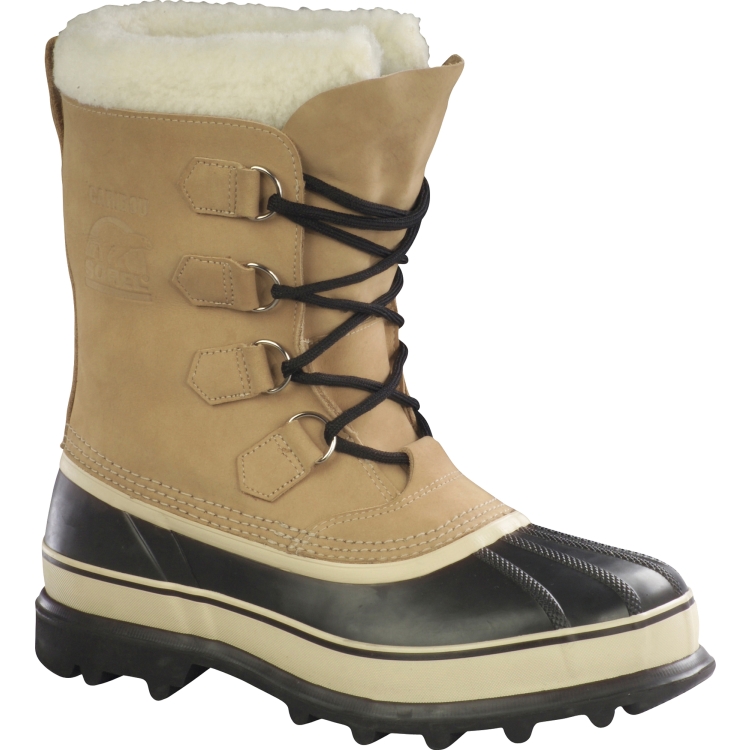
Advertisement
(Homesteading.news) Let’s face it, while summer’s heat and humidity can be hard to take, winter chill makes all outdoor activity much more difficult. And one of the hardest things of all is trying to stay warm while working outside tending cattle, mending fence or doing one of a hundred other things on the homestead.
If you’re like most people, trying to keep your feet warm in cold, damp, winter conditions is a constant battle, but there are some things you can do that will definitely increase your comfort level. Many of these techniques have been used by lumberjacks and others who have to work outside in the cold just to earn a living, so you know they’re effective.
So let’s get started:
— Thicker isn’t always better when it comes to your socks. In fact, socks that are too thick are likelier to cut off circulation to your feet, meaning they will not only be colder but more at risk of injury. A better solution, then, is to use a liner sock with a good, wool sock.

Keep in mind really should avoid cotton socks, as they absorb sweat readily and thus will attract and retain the cold.
— Merino wool is the brand chosen by the experts. “Merino wool is the best fiber on the market to keep your toes warm,” snowshoer, winter hiker, and REI retail sales manager Sam Mackey tod BuzzFeed Life. “Unlike raggwool—a tougher fiber used in more ‘rugged’ items—merino is itch-free, thermostatic (temperature-regulating) and inherently offers superior moisture management.” Wool both absorbs and repels moisture, so it’s ideal for cold-weather use (and warm, too).


— If you’ve never used toe warmers you’re missing out because they really do work. And, they last for hours. Just stick one in each of your boots and out the door you go.

— Footbeds, as they’re called, are also a great bulwark against the cold. They go underneath your feet to provide an additional barrier between your feet and the cold ground. Thinsulate ® makes a great product, but find out how to choose the best one here.
— Choosing your boot wisely will be imperative. For instance, if you’re going to be working in the muck, you’ll obviously want a good rubber overshoe; but if you’re just working in the fields you’ll still want a boot that wicks water and moisture while providing good insulation. A good thing to remember here is that you get what you pay for; it will worth spending a bit more for a better product than scrimping for a poor one.
Here is a great primer for how to choose a good winter boot, based on multiple product reviews and interviews with experts.

— Sure, you love your coffee, but understand that caffeine will restrict blood vessels and that can lead to colder extremities. If you must drink coffee or tea in the morning before you go out for the day, limit consumption to just a cup.
Homesteading.news is part of the USA Features Media network of sites. For advertising opportunities, click here.
Submit a correction >>
Advertisement
Advertisements















